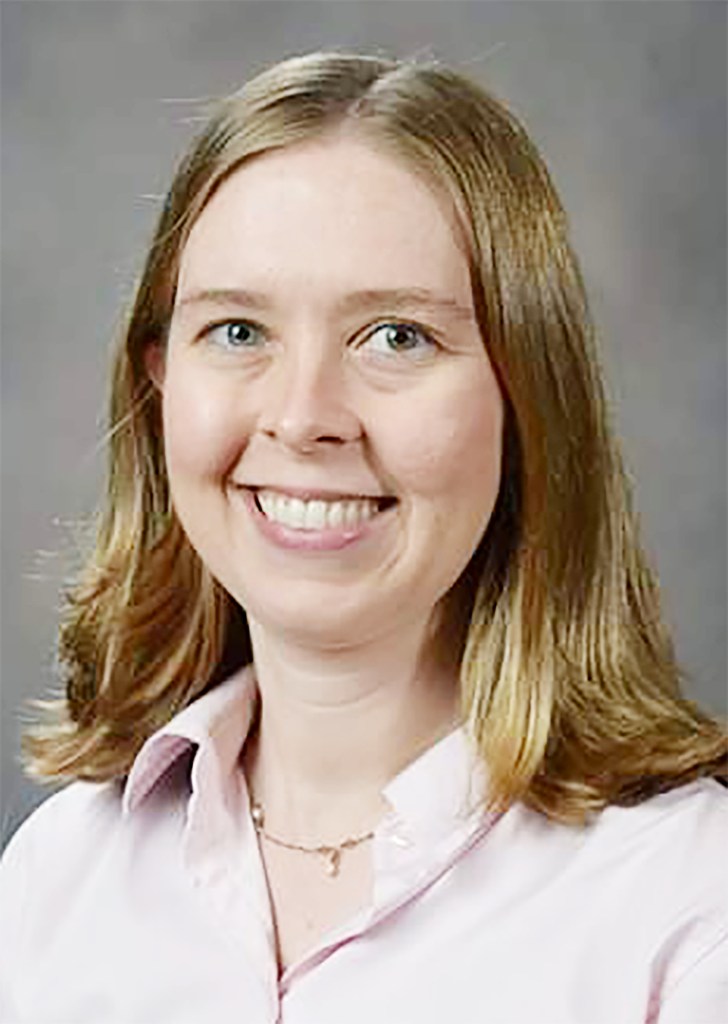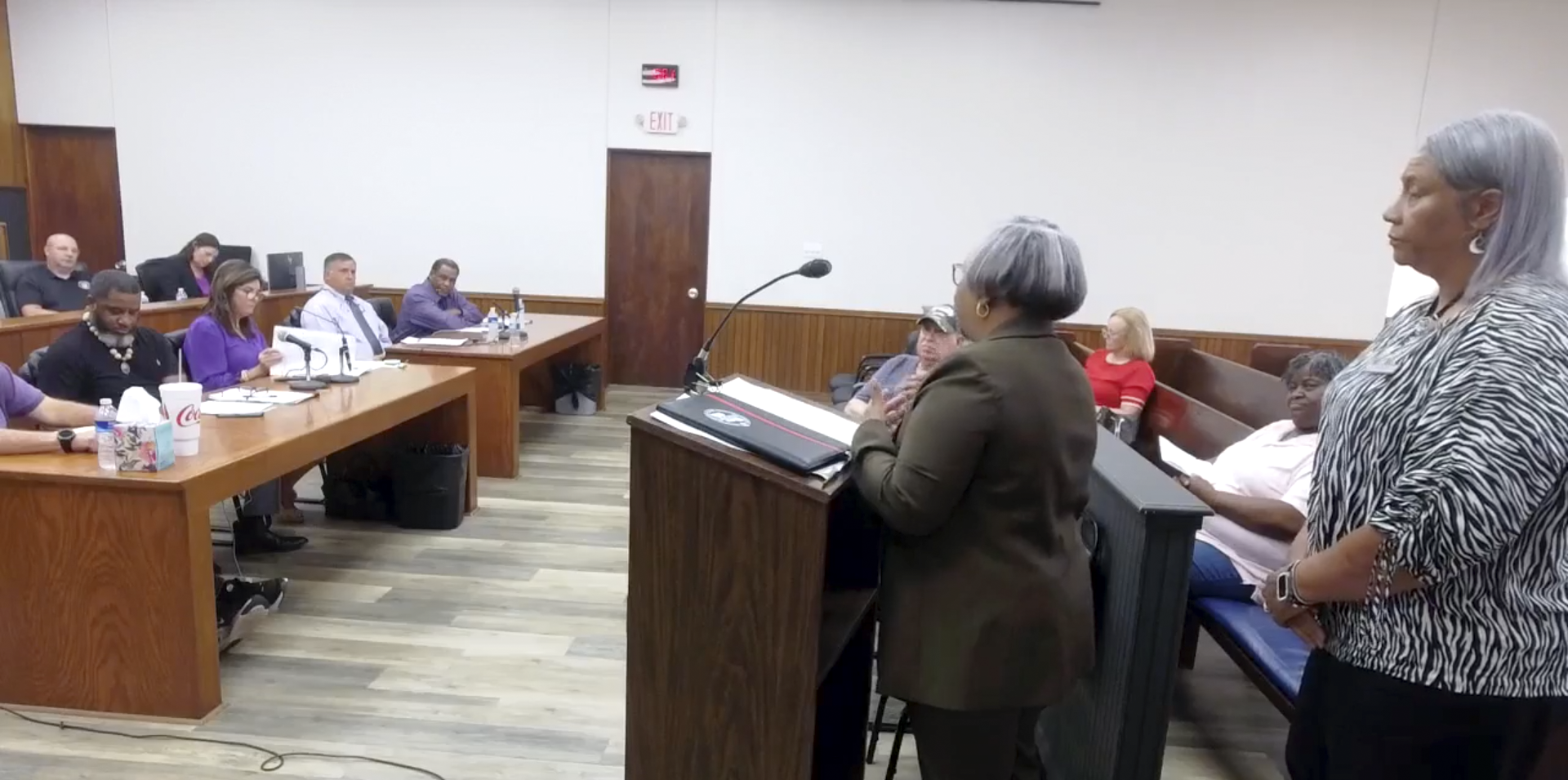Taking Care of Zoysiagrass Lawns
Published 2:00 pm Friday, April 25, 2025
|
Getting your Trinity Audio player ready...
|
Let’s Get Growing by Dr. Mary Helen Ferguson
Zoysiagrass isn’t the most common turfgrass in Louisiana, but it has some advantages, as well as some downsides. It’s more drought- and wear-tolerant than centipedegrass and St. Augustinegrass while being more shade-tolerant than bermudagrass.
Its tendency to build up thatch and need to be dethatched more often is one downside. Because of its stiffness, zoysiagrass dulls mower blades more quickly than other turfgrasses do and causes them to need to be sharpened more often.
Trending
The recommended soil pH range for zoysiagrass is between pH 5.8 and 7.2, similar to those for bermudagrass and St. Augustinegrass.
Zoysiagrass can be fertilized like St. Augustinegrass, at a rate of 1 pound of actual nitrogen per 1000 square feet in both April and June. If additional growth is desired, another application can be made in August. The fertilizer can be either readily soluble or slow release.
Examples of fertilizers and amounts of them that provide 1 pound nitrogen include the following: 3 pounds 33-0-0 or 32-0-10, 6.3 pounds 16-0-8, 6.7 pounds 15-0-15, 7.7 pounds 13-13-13, 10 pounds 10-10-10, and 12.5 pounds 8-8-8. The best choice depends largely on what amounts of nutrients (other than nitrogen) your lawn needs. A soil test report provides this information.
Zoysiagrass is mowed at 1 to 2 inches, like centipedegrass. Use of a reel instead of a rotary mower is often advised but not essential.
When a lawn reaches the point that it feels very spongy when you walk on it, dethatching is likely needed. This can be accomplished with a vertical mower. Core aerators used to address soil compaction can reduce thatch too, thus killing two birds with one stone. Late spring and early summer are generally good times to use either of these pieces of equipment.
Let me know if you have questions.
Trending
Dr. Mary Helen Ferguson is an Extension Agent with the LSU AgCenter, with horticulture responsibilities in Washington and Tangipahoa Parishes. Contact Mary Helen at mhferguson@agcenter.lsu.edu or 985-277-1850 (Hammond) or 985-839-7855 (Franklinton).







